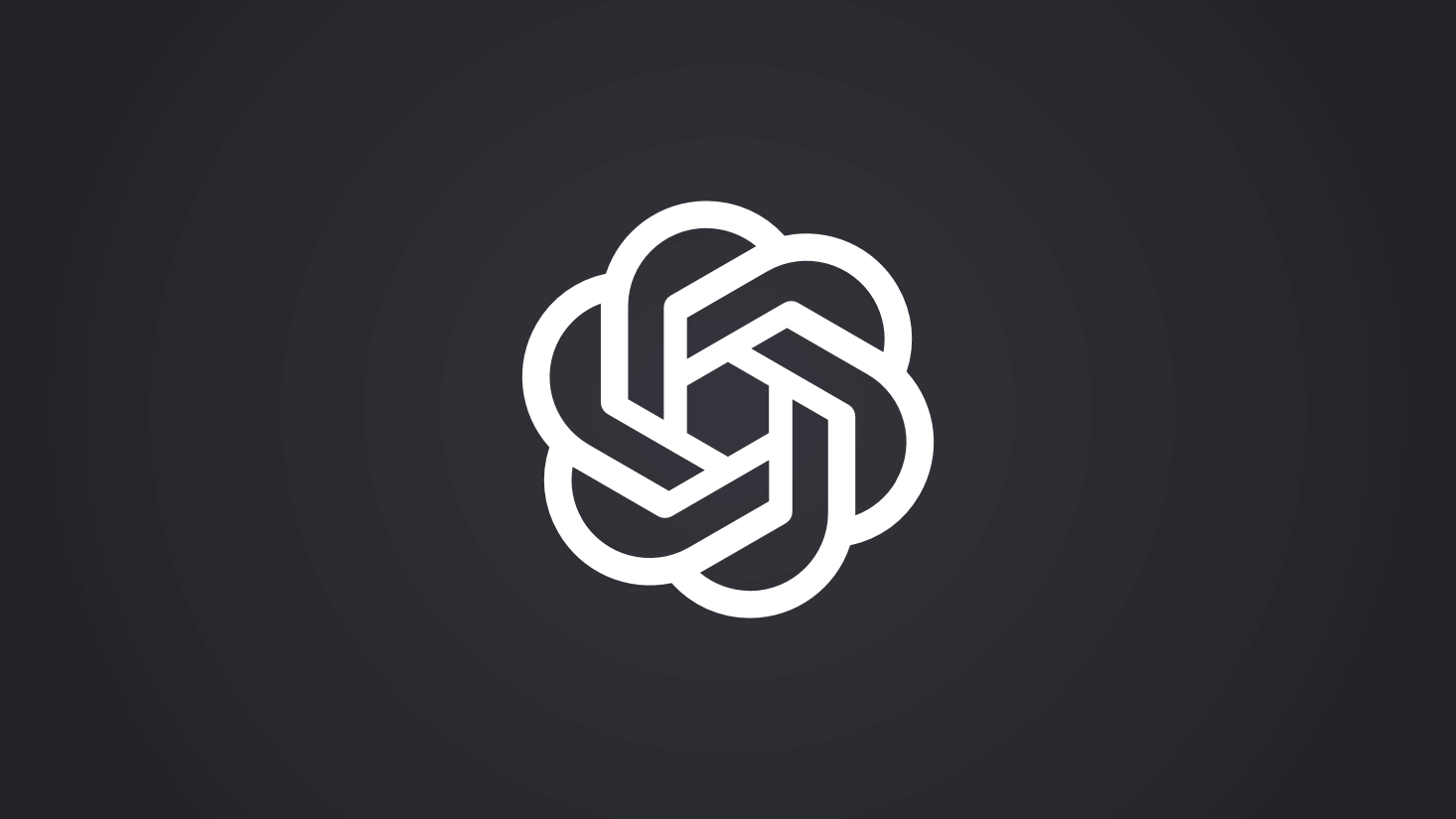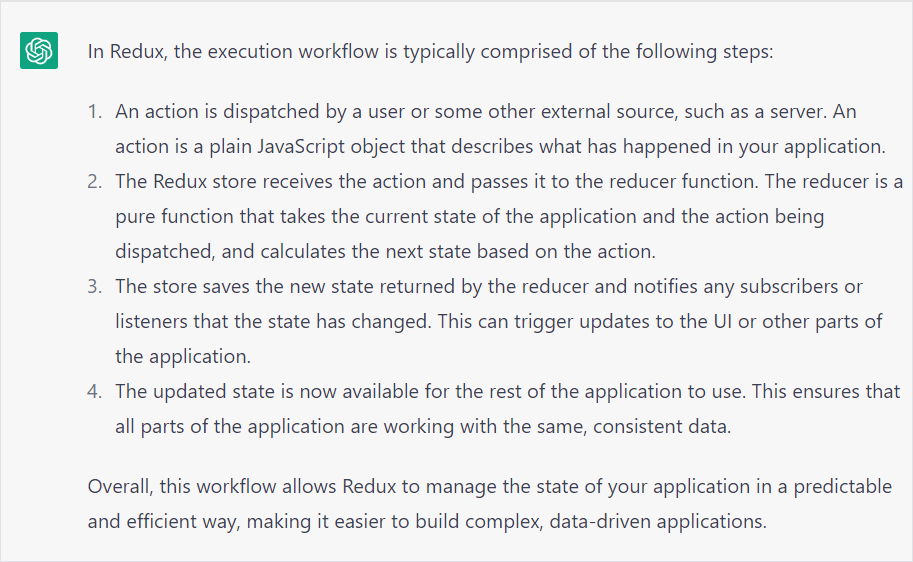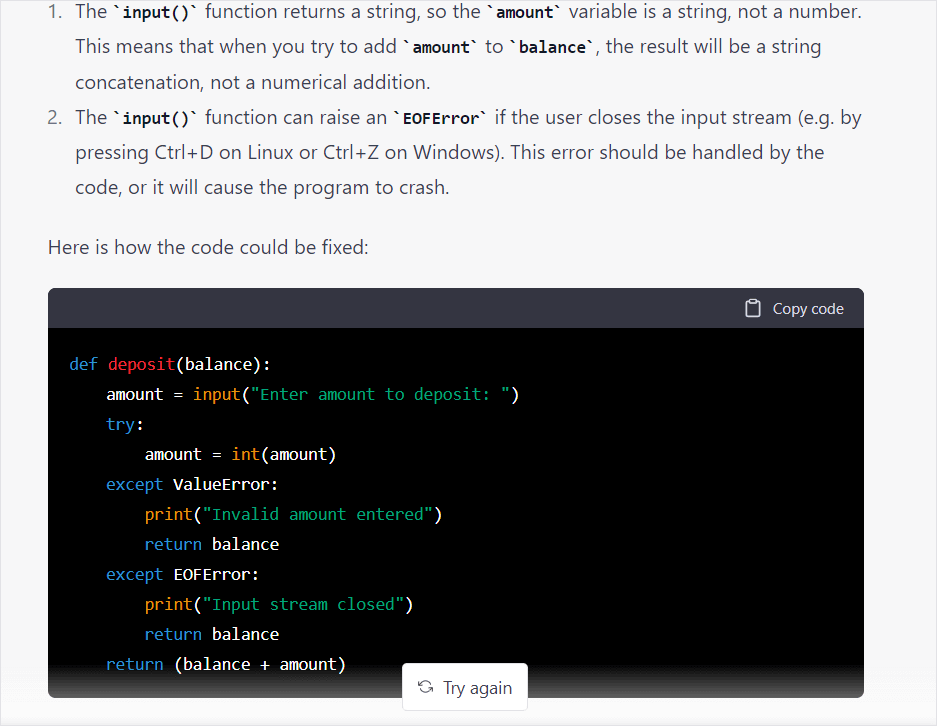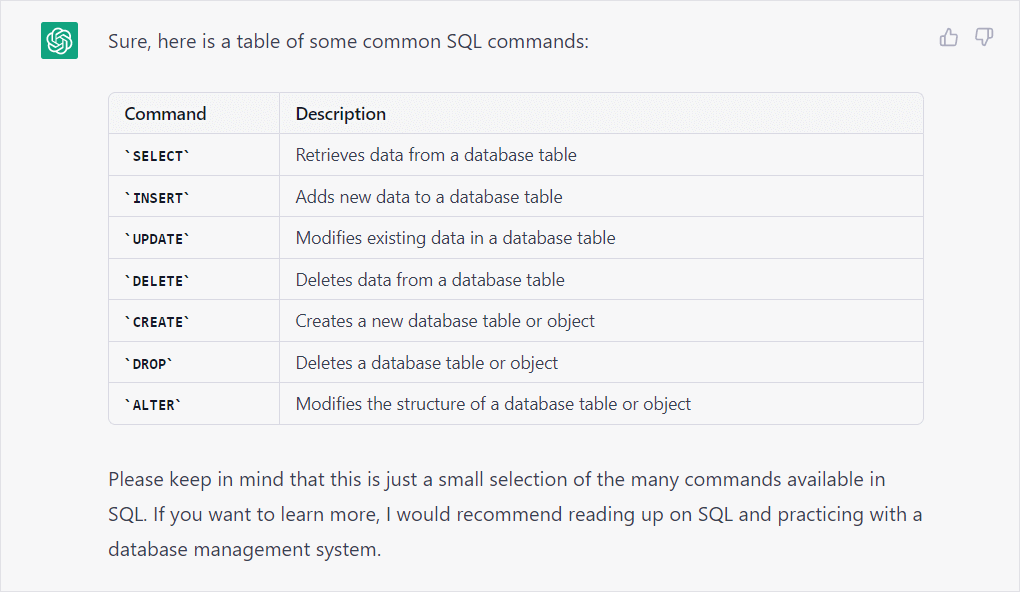OpenAI's ChatGPT is Creating a Buzz.
By Jenn Rogala
Last Updated: June 5th 2024

What Does This Mean For Web Developers?
It's trending everywhere and being met with both excitement and apprehension.
What is ChatGPT?
GPT stands for generative pre-trained transformer, which is a language model, created by Open AI.
It responds to prompts in a human-like way, and can mimic various writing styles, and even write and debug code.
According to OpenAI it, "interacts in a conversational way. The dialogue format makes it possible for ChatGPT to answer follow-up questions, admit its mistakes, challenge incorrect premises, and reject inappropriate requests."
It has a simple, user-friendly interface.
Just enter a question or command, and it will type an answer.
If you're not satisfied with the response, just click the "Try Again" button to get a different one.
I suspect it's free now because the public is helping to kick the tires, but I doubt it'll stay free.
I'm a graduate of Nucamp's Web Fundamentals, Full-Stack, and Back-end bootcamps.
I'm not new to software engineering.
I've been doing it for over 30 years.
But my projects up until last year were not web-based.
To have a successful career in IT, you can't be allergic to change, you have to embrace it.
Technology changes at lightning speed, so software engineers must be constant learners, which is why I spent that last year in Nucamp bootcamps.
I'm grateful for Nucamp's flexible schedule because I could work and learn simultaneously.
Why am I telling you this?
Because over the last 30 years, I've seen so much change in the IT industry.
And like the latest reaction to ChatGPT, so many new innovations have made people nervous at first.
Some dove in as early adopters, while others preferred to wait-and-see.
I can't think of one technology where the wait-and-seers didn't eventually become adopters.
Here are some examples of technologies and innovations that were viewed as a threat to jobs and industries:
- Excel was going to replace accountants.
- Email was going to replace mail carriers.
- ATMs were going to kill the banking industry.
- Smart phones were going to destroy our capacity to memorize.
- Robots were going to replace surgeons.
...The list goes on.
Yes, these technologies came with some drawbacks—so did the automobile and airplane.
But these innovations also made our lives and jobs more efficient.
They connected us with people we never would have met.
And they created whole new industries and jobs such as assembly-lines, air-traffic control, and cyber-security.
Nay-sayers will state, "Well we wouldn't need cyber-security if X technology didn't exist."
But as with anything, we still need to apply common sense.
Crime isn't a new concept.
If you get an email from a stranger asking for your password, or other personal info, don't give it to them.
BTW, this type of theft was already happening with the telephone.
So, is ChatGPT destined to become the Terminator or C3PO?
I'm in the C3PO camp.
I learned a ton from my bootcamps.
I studied hard, took copious notes, searched for cheat sheets, and if I couldn't find one, I made my own.
I could have really used ChatGPT to make my studying, development, and debugging more efficient.
Here are a few simple examples to illustrate:
During the Web Fundamentals, ChatGPT could have saved me time by finding my missing semi-colons.
I understand that we learn so much by debugging problems, but I would have learned more from debugging my logic errors, rather than being stumped by punctuation.
Me to ChatGPT: Debug this line of code:
<button onclick=runGame()>Start Game</button>
ChatGPT:

During the React lessons of the Full-stack bootcamp, like many of my classmates, I struggled a bit with React and Redux.
Me to ChatGPT: Explain the execution workflow of Redux
ChatGPT:

While learning Python in the Backend bootcamp, I forgot that the 'Input' function returns a string.
Me to ChatGPT: Debug this Python code:
def deposit(balance):
amount = input("Enter amount to deposit: ")
return (balance + amount)
ChatGPT:

During the SQL workshop of the back-end bootcamp, a SQL Command cheat sheet would have been helpful during the Saturday workshop, rather than scanning through my notes. (Clearly I need to improve my note taking.)
Me to ChatGPT: Can you create a table of SQL commands?
ChatGPT:

If you're in the Terminator camp, don't despair.
ChatGPT will not make software engineers obsolete.
Even though it can debug and write code, it's not going to replace developers.
It'll make us more efficient—the same way JS libraries, automated testing, and SDKs do.
100% of a software engineer's job isn't fingers-to-keyboard developing.
The other in-demand skills we offer aren't easily replaced.
For example, there are many ways to solve a problem, and create an appropriate software solution. But choosing the final design can vary based on so many factors of a project, especially understanding the needs of end users.
Deciding on the final requirements, UX design, and technology stack requires collaborating with developer peers, business analysts and other stakeholders.
These brainstorming sessions between project team members to decide on the best approach include debates, listening, compromising, and critical thinking.
Don’t forget how crucial new development was to every industry when the world went into lock down during the COVID-19 outbreak. Can you imagine any AI being as responsive as humans during an unpredicted crisis of that scale?
And ChatGPT may be able to debug syntax errors, but logic errors are a completely different animal.
Since ChatGPT can't speculate or predict, then any code it generates won't consider future changes to operating systems, hardware, browser updates, security patches, etc. Good luck maintaining and supporting that, ChatGPT.
ChatGPT cannot do reinforcement learning.
You can't feed ChatGPT data.
You can't teach it.
It can't speculate.
Although it can remember net new info, it’s short-term memory.
It only remembers what has transpired during the current session.
The knowledge ChatGPT accesses is a year old.
It knows nothing about current events, or what's trending on social media.
Wordpress, and Wireless, and Waze, oh my!
- Excel and other finance software has made accountants more accurate and efficient.
- Most information sent via email isn't something that would have been stamped, sealed, and mailed. Mail carriers are still delivering mail.
- ATMs made withdrawing and depositing your money more convenient. The banks are still lucrative, and on-line banking is a thriving business.
- Smart phones eliminated the need to memorize everyone's phone number, address, email, and birthday. But I don't think my memory has suffered, because I can remember the 20+ different passwords and challenge questions I created for the many websites and apps I use.
- Robots have made delicate surgeries more precise and therefore safer. I'm not a surgeon, but I suspect they appreciate providing better outcomes for their patients.
And AI will make developers more productive.
In Summary
Just because these technologies do have some downsides, we're not going to delete our inboxes because of spam messages and phishing.
To counter the downsides, we develop safety measures.
Some technical, like cyber-security.
And some behavioral, like not giving out your social security number and banking information.
Most of us eventually embrace these changes because the benefits outweigh the risks.
When in doubt, always remember the wise words of C3PO,
"R2-D2, you know better than to trust a strange computer!"
Jenn Rogala
Senior Writer
Jennifer Rogala has worked in the area of healthcare technology for 30 years. Most of her publications were on the topic of how medical technology can improve patient safety. It wasn't until she became a mother that she started writing stories for children. From their infancy her twin daughters loved books. Seeing the joy books gave to her children inspired Jennifer to attempt to create this joy herself and share it with others. Jennifer lives outside of Boston with her twin daughters, and calico cat.


